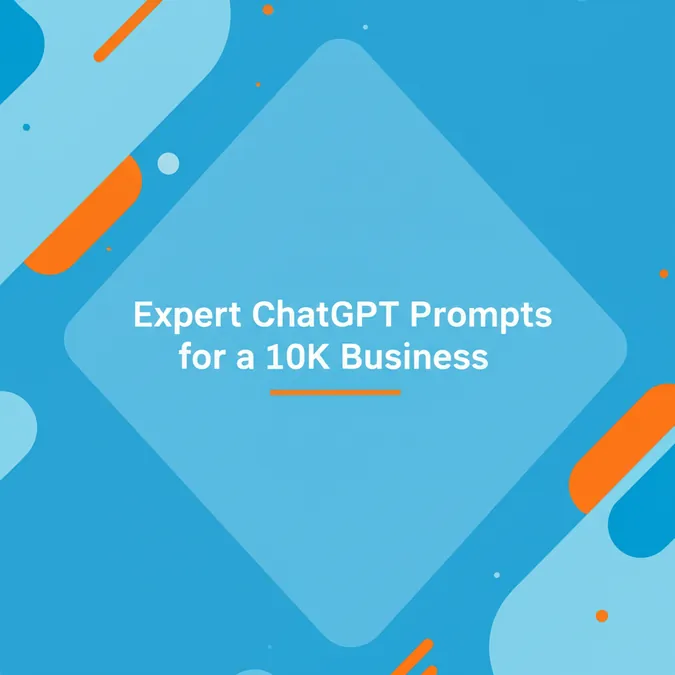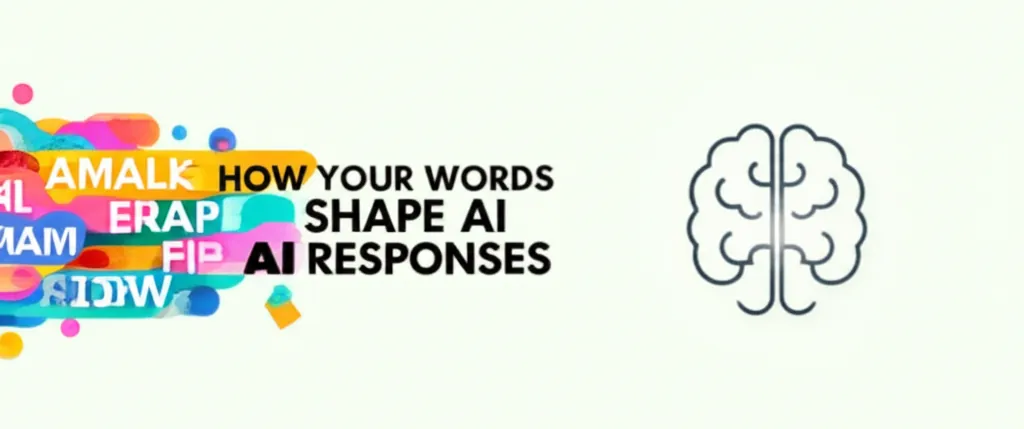Developer Offer
Try ImaginePro API with 50 Free Credits
Build and ship AI-powered visuals with Midjourney, Flux, and more — free credits refresh every month.
When To Avoid Using ChatGPT To Prevent Regret
AI tools like ChatGPT have become incredibly popular, and for good reason. They can assist with brainstorming, writing, answering questions, and even planning your day. The more you rely on it, the more you might be tempted to use it for everything.

However, it's not always the right tool for the job. As an LLM-based chatbot, ChatGPT can sometimes present incorrect or outdated information with complete confidence. While this might be a minor issue for casual queries, it can create significant problems when dealing with critical matters like your taxes, health, or legal affairs.
Knowing ChatGPT's limitations is as crucial as knowing its strengths. To help you steer clear of common mistakes, here are 11 scenarios where using an AI chatbot could cause more harm than good.
Don't Use AI for Medical Diagnoses
It can be tempting to input your symptoms into ChatGPT out of curiosity, but the results can range from benign to terrifying. For example, the author noted that when they described a lump on their chest, ChatGPT suggested it could be cancer. In reality, a licensed doctor diagnosed it as a lipoma, a common and non-cancerous growth. While AI can be useful for health-related tasks like drafting questions for your doctor or understanding medical terms, it cannot perform physical exams, order tests, or provide a professional diagnosis.
ChatGPT is Not a Licensed Therapist
While some have explored using ChatGPT for mental health support, such as working through grief, it is a risky substitute for professional help. A chatbot lacks lived experience, cannot interpret body language or tone, and has no capacity for genuine empathy—it can only simulate it. A licensed therapist is bound by professional ethics and legal codes designed to protect you. AI advice can miss critical red flags or reinforce harmful biases. For deep, complex human emotions, trust a trained human professional. If you are in crisis, please contact the 988 lifeline in the US by dialing 988.
Prioritize Real-World Emergency Services
In an immediate crisis, your first action should not be to consult a chatbot. If you hear a carbon-monoxide alarm or smell gas, evacuate first and ask questions later. An LLM cannot detect physical dangers or dispatch emergency services. Every moment spent typing is a moment lost. Use ChatGPT as a tool for post-incident research, not as a first responder.
Steer Clear of AI for Financial and Tax Advice
ChatGPT can explain financial concepts like ETFs, but it has no knowledge of your personal financial situation—your income, debts, tax status, or retirement goals. Its training data may be outdated, leading to advice based on old tax codes or economic conditions. Inputting sensitive financial details also poses a major privacy risk, as that data could be stored or used for training future models. For matters involving your money and the IRS, consult a certified professional.
Protect Your Sensitive and Confidential Data
Never input confidential information into a public AI tool. This includes work-related secrets, client contracts, medical records, or any data protected by regulations like HIPAA or GDPR. Once you enter information into the prompt, you lose control over where it is stored and who might see it. If you wouldn't post it in a public forum, don't paste it into ChatGPT.
Never Use ChatGPT for Illegal Activities
This should be self-evident. Do not use AI to assist with any illegal actions.
Don't Outsource Your Education to AI
Using AI to cheat on schoolwork is becoming more common, but detection tools are also improving. More importantly, relying on a chatbot to do your assignments means you're cheating yourself out of the learning process. The consequences can range from suspension to expulsion. It's better to use ChatGPT as a study partner for brainstorming or clarification, not as a ghostwriter.
Rely on Live Sources for Breaking News
While newer versions of ChatGPT can access recent web information, they are not designed for real-time monitoring. You must issue a new prompt for every update. For fast-moving events, live news feeds, official alerts, and streaming coverage are far more reliable and efficient.
Don't Bet on AI for Gambling Picks
ChatGPT has been known to hallucinate or provide incorrect data, including player stats, injury reports, and game records. While the author notes a lucky win, they strongly advise against relying on it for betting. The AI cannot predict future outcomes, and its information should be rigorously double-checked against real-time, reliable sources.
Leave Legal Document Drafting to Lawyers
An AI can explain legal concepts, but you should not ask it to draft legally binding documents like a will. Laws for contracts and estates vary significantly by state and even county. A small mistake, like a missing signature line or an incorrect clause, could render the entire document invalid. Use ChatGPT to prepare questions for your lawyer, but let a professional handle the actual drafting.
Consider the Ethics of AI-Generated Art
In the author's opinion, using AI to generate art and pass it off as your own is ethically questionable. While AI can be a powerful tool for supplementing the creative process—offering ideas or helping with headlines—it should not be a substitute for human creativity and effort.
Compare Plans & Pricing
Find the plan that matches your workload and unlock full access to ImaginePro.
| Plan | Price | Highlights |
|---|---|---|
| Standard | $8 / month |
|
| Premium | $20 / month |
|
Need custom terms? Talk to us to tailor credits, rate limits, or deployment options.
View All Pricing Details

